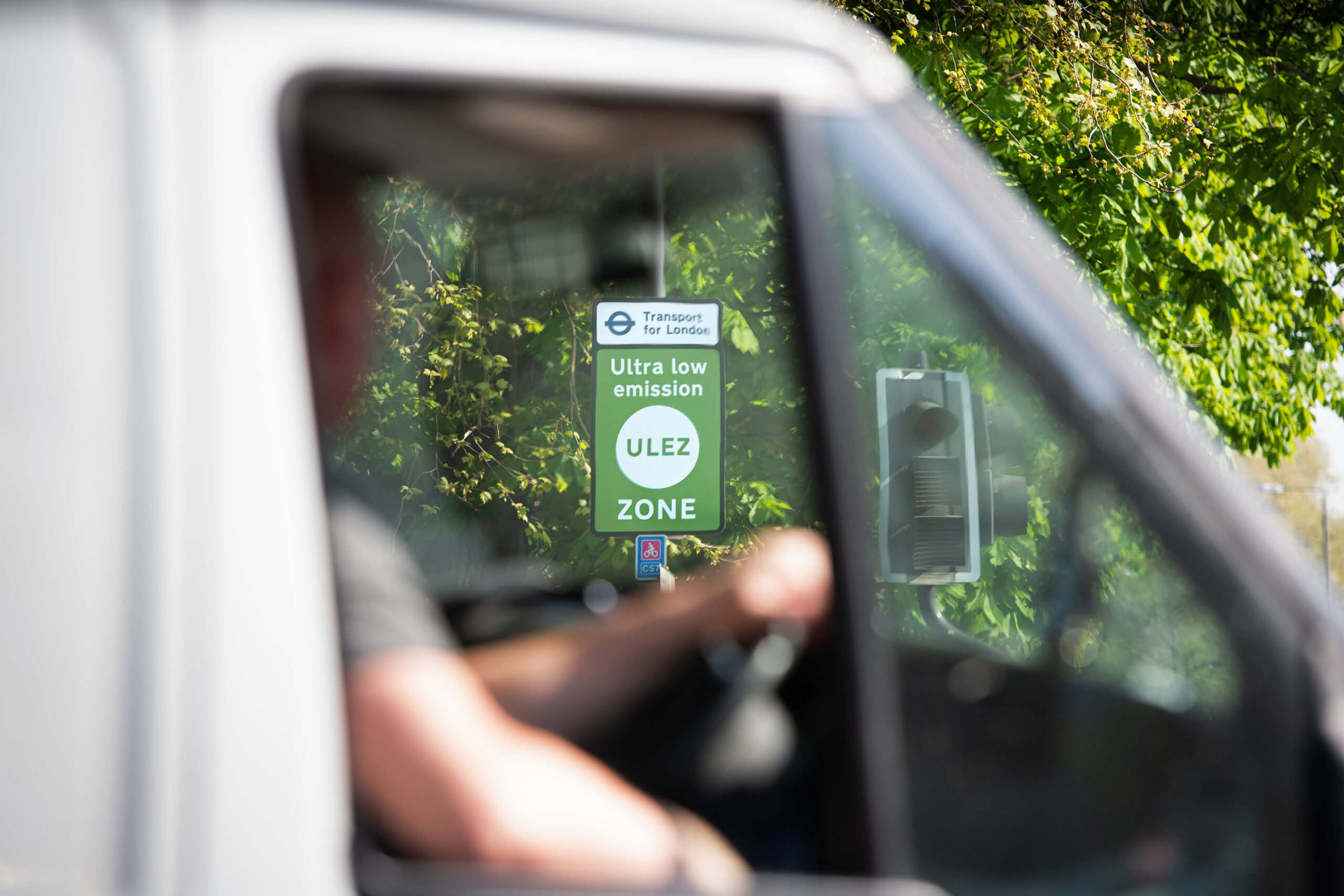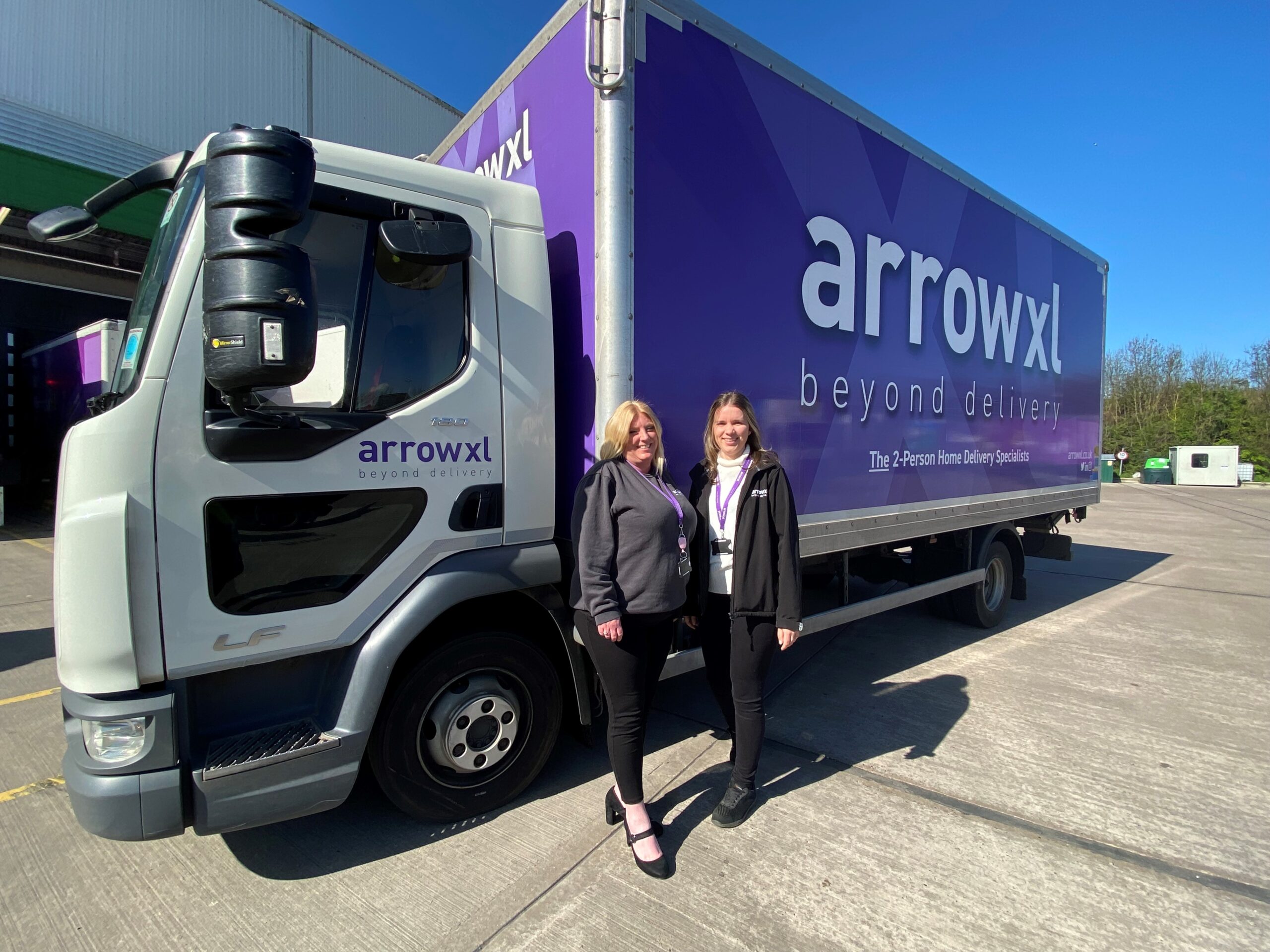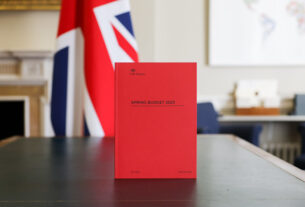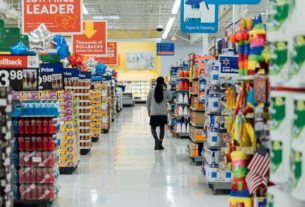New data released by Transport for London (TfL) shows that nine in 10 cars seen driving in outer London on an average day meet the Ultra Low Emission Zone standards. The figures show the effectiveness of the scheme, which will expand London-wide from 29 August this year, in encouraging people to switch from older, more polluting vehicles. It is expected that when the standards cover the larger area, the proportion will be even higher. In November 2021, TfL estimated car compliance at 85 per cent, up from around 75 per cent estimated from earlier analysis of cars seen in June 2020.
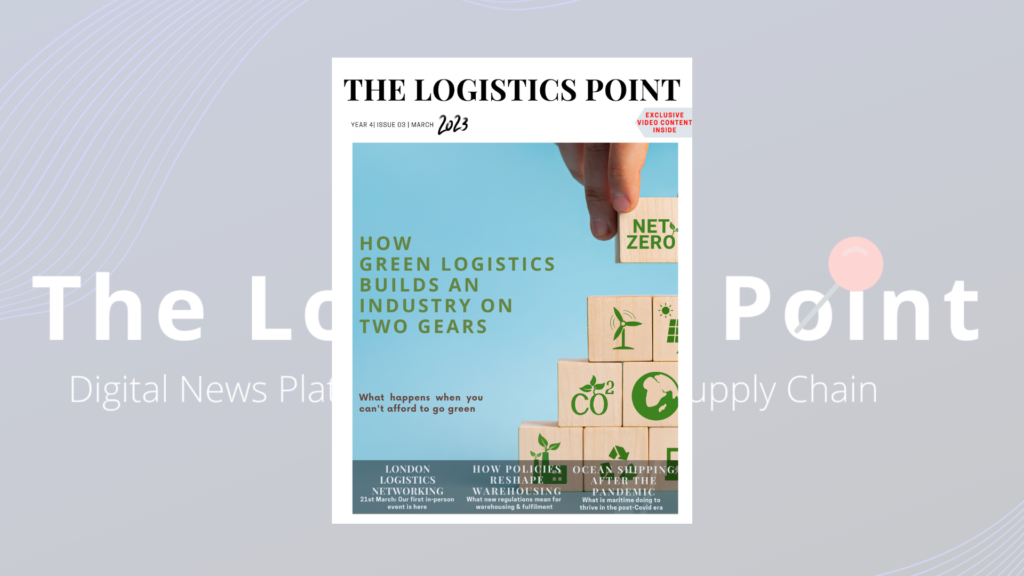
More insights on how ULEZ and Clean Air Zones are affecting logistics operations can be found in our March edition.
While the vast majority of those driving in the capital after the end of August will not need to take any action, TfL is advising people to use its vehicle checker to see if they will be affected. This tool has been viewed more than six million times since November 2022, when the plans to expand the ULEZ London-wide were confirmed.
The London-wide ULEZ is vital in tackling the triple threats of air pollution, the climate emergency and congestion, and will ensure five million more people can breathe cleaner air. Around four thousand Londoners die prematurely each year as a result of toxic pollution and can lead to stunted lungs in children and a higher risk of dementia in older people.
With a disproportionate number of deaths attributed to pollution in the outer boroughs, and more than half of the capital’s 500,000 asthma suffers living outside of central and inner London, it is essential the ULEZ is extended beyond its current boundaries.
The ULEZ has already been hugely successful in central and inner London, helping to reduce harmful nitrogen dioxide (NO2) levels by 46 per cent in central London and 21 per cent in inner London.[2]. The ULEZ expansion will save nearly 27,000 tonnes of CO2 in outer London in its first year, more than double that which the central London ULEZ achieved in its first year of operation. Amongst other improvements, the expansion is forecast to make further progress to reduce air pollution, by reducing nitrogen oxides (NOx) emissions from cars in outer London by 10 per cent, and reducing PM2.5 car exhaust emissions in outer London by nearly 16 per cent.
The Mayor has launched London’s biggest ever scrappage scheme worth £110m to support smaller businesses, sole traders, charities, Londoners on lower incomes and disabled Londoners to replace their older, more polluting vehicles with greener alternatives. The Mayor and TfL listened carefully to stakeholders during the consultation and made the decision to extend the grace period for people on certain disability benefits and those with wheelchair accessible vehicles until October 2027. The decision was also made to widen the criteria to include people on a wider range of disability benefits, or whose vehicle adaptations makes them more difficult to change. This includes nominated drivers and people living outside of London.

To strengthen alternatives to driving, the Mayor has committed to the introduction of a million extra bus kilometres in outer London. Earlier this month, TfL launched four consultations that set out improvements to bus services in the Brent Cross, Harold Wood/Upminster, Stonebridge Park and Tooting. The plans cover extensions of routes to key growth areas or town centres, and more direct and frequent services.
They complement previously announced enhancements, which include three new routes in the Sutton and Croydon areas, with improved services to the new Cancer Hub at the Royal Marsden Hospital. New zero-emission cross-river services will also be introduced in east London, subject to consultation. TfL is also continuing work on plans for further expansion across outer London, including in Southall and Haringey.
The Mayor of London, Sadiq Khan said: “I have always been clear with Londoners that the aim of the ULEZ is to get the most polluting vehicles off our roads in order to protect both the health of Londoners and our environment. This new data shows people, businesses and charities understand the impact of air pollution on health and are preparing for the change. With this jump in compliance, it’s now just one in ten cars seen driving in outer London that aren’t ULEZ compliant – a fantastic result.
“We expect the number of compliant vehicles to go up even more as people prepare for the expansion, but we know there is more to do to ensure every Londoner can breathe cleaner air. For drivers of the very few non-compliant vehicles, I have launched the biggest scrappage scheme ever – £110m – to help families on lower incomes, small businesses, charities, sole traders and disabled Londoners replace their vehicle with a less polluting one or move to a cleaner, more active mode of transport.”
Christina Calderato, TfL’s Director of Transport Strategy and Policy, said: “We are pleased that so many cars driving in outer London are now meeting the ULEZ standards. This demonstrates that people are taking action and cleaning up London’s air. The vast majority of those travelling in the zone when it expands London-wide will not have to pay the charge. We would recommend people use our vehicle checker so they know whether they need to take action ahead of the expansion of the zone.
“There is an imperative to clean up the capital’s toxic air given the impacts on public health and deaths attributable to pollution. To support people in making greener journeys the Mayor’s £110m scrappage scheme helps those that need to drive switch to cleaner vehicles and has the option of an annual bus and tram pass.
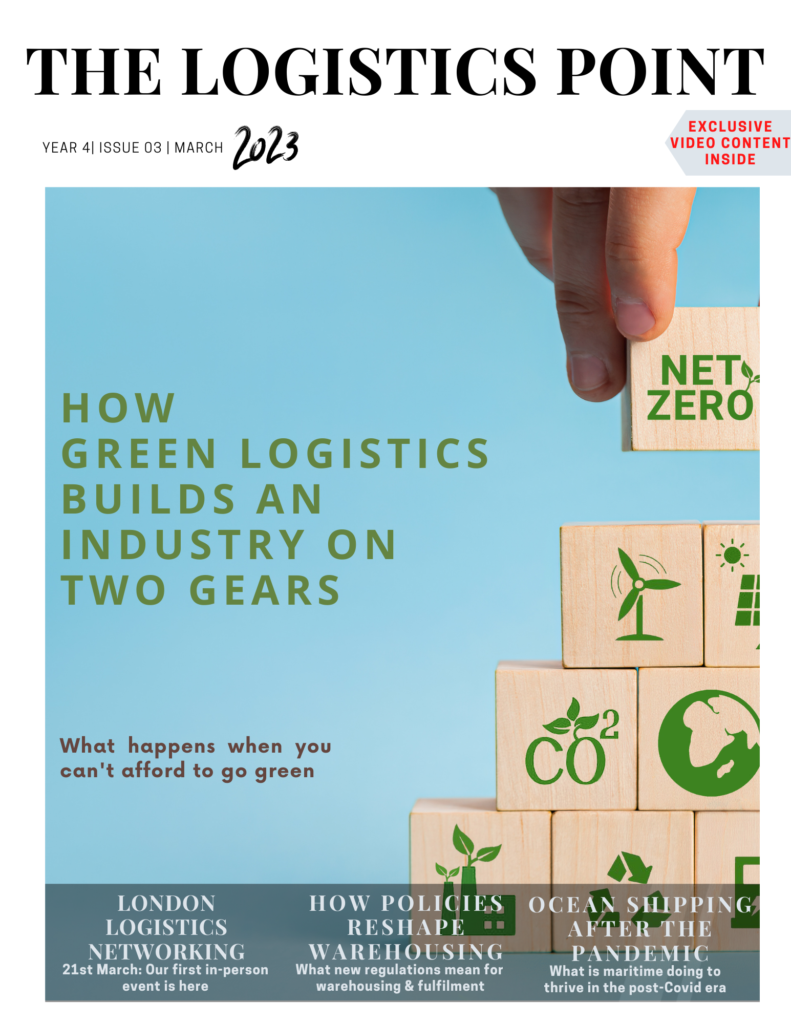
The commitment to a million extra bus kilometres in outer London make the already extensive network an even more attractive alternative to the car.”
Jemima Hartshorn, Founder & Director, Mums for Lungs said: “London’s toxic air is harming children’s health, stunting their lung growth and causing asthma. It is brilliant that those who own the most polluting vehicles driving throughout Outer London are already cleaning up their act to be ready for the ULEZ expansion. We can all celebrate that children are beginning to breathe easier now thanks to the upcoming expansion of ULEZ”
Silviya Barrett, Director of Policy and Research, Campaign from Better Transport said: “It’s vital that we act to clean up our polluting air, so it’s really encouraging to see that so many people are already making the switch to less polluting vehicles. We welcome the Mayor’s investment in buses and the scrappage scheme which will support low-income households transition to greener transport. We hope that lots of people will take up the scheme’s offer of an annual bus or tram pass and experience the benefits of public transport.”
